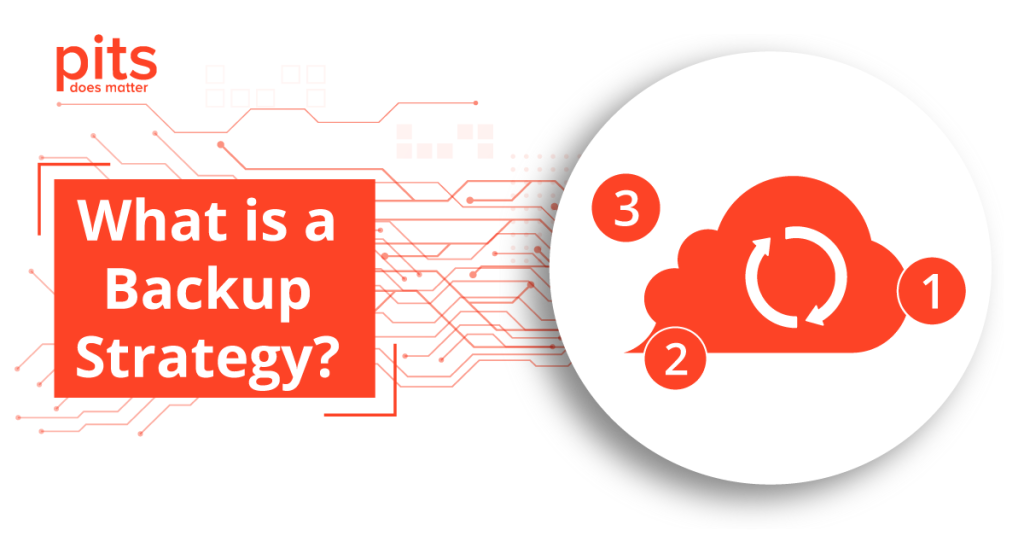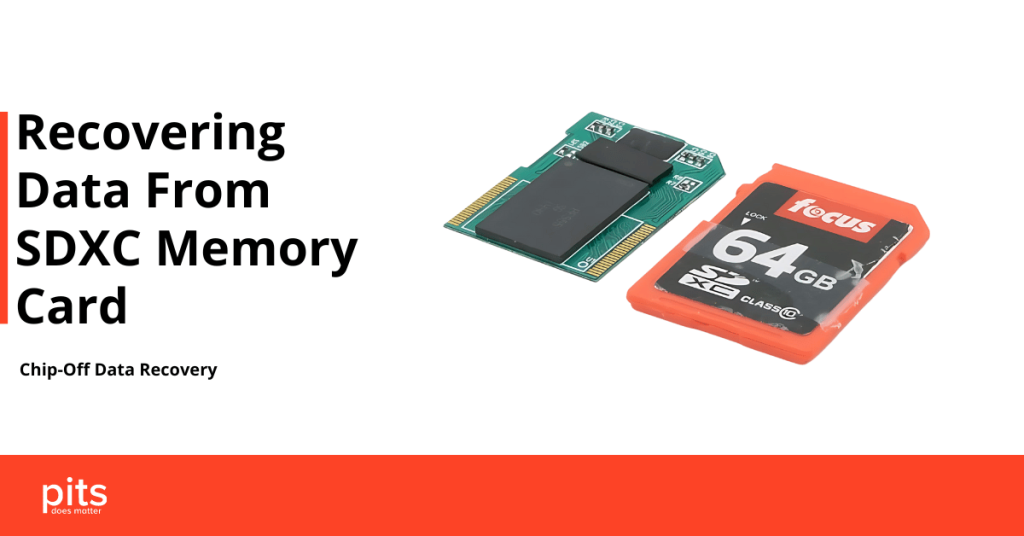Flash drives have become an essential tool for storing and transferring files on the go. Despite their convenience, they are not immune to issues like data loss. Whether due to accidental deletion, corruption, or physical damage, many users face situations where their flash drive data becomes inaccessible. The good news is that data loss doesn’t have to be permanent. In this guide, we’ll explain how to recover files from a flash drive, offering step-by-step instructions and tips to help prevent future loss.
Common Causes of File Loss on Flash Drives
Flash drives, also called USB drives, are convenient for their portability, but they can still encounter various issues that lead to data loss. Here are some common causes:
1. Accidental Deletion
It’s all too easy to delete a file unintentionally, especially when you’re working quickly and don’t have a backup. Accidental deletion is one of the most frequent causes of lost files on flash drives.
2. Physical Damage
Flash drives are small and portable, making them vulnerable to physical damage. Dropping them, exposing them to high temperatures, or contact with moisture can lead to data loss.
3. Virus or Malware Infections
When a flash drive is connected to an infected computer, it can become contaminated with viruses or malware, which may corrupt or delete files.
4. Formatting Errors
Accidentally formatting a flash drive can erase all stored files. Formatting is often used to remove malware or prep the drive for use, but if done unintentionally, it leads to significant data loss.
5. File System Corruption
The file system on a flash drive can become corrupted due to improper ejection, power failure, or malware. When the file system is corrupted, the data stored on the drive becomes inaccessible.
6. Power Interruptions
Sudden power loss during data transfer can cause files to be corrupted or lost. Power interruptions while reading from or writing to the flash drive may leave files incomplete or damaged.
How to Recover Files from a Flash Drive: Step-by-Step
When data loss occurs, knowing the right steps to take can increase your chances of successfully recovering your files. Here’s a detailed process for how to recover files from a flash drive:
1. Try Accessing the Drive on a Different Computer
Sometimes, the problem may be with the USB port or drivers on your computer. Try connecting the flash drive to another computer or a different USB port to see if it becomes accessible.
2. Check for Physical Damage
Inspect your flash drive for any physical damage, such as a bent USB connector or visible signs of wear. If the drive is physically damaged, professional data recovery services may be needed.
3. Use a Different USB Cable
If you use a USB cable to connect the flash drive, the issue could be with the cable itself. Try using a different USB cable to rule out connectivity issues.
4. Use a Different USB Port
Not all USB ports function the same, and sometimes one port may fail while another works fine. If the drive isn’t recognized in one port, try another.
5. Check Device Manager (Windows Users)
If your computer isn’t recognizing the flash drive, open Device Manager and look for any errors related to USB drivers. If an error is present, uninstall and reinstall the driver to try and fix the issue.
6. Assign a Drive Letter in Disk Management
If the flash drive shows up in Disk Management but not in File Explorer, it may not have a drive letter assigned. Use Disk Management to assign a new drive letter and regain access.
7. Seek Professional Data Recovery Services
If your flash drive is physically damaged or none of the above methods work, it’s best to seek help from professional data recovery experts. Services like PITS Global Data Recovery Services specialize in recovering files from flash drives with a high success rate.
Preventing Data Loss on Flash Drives
To minimize the risk of data loss in the future, follow these essential practices:
- Back Up Important Files: Regularly back up your flash drive data to another device or cloud storage.
- Use Antivirus Software: Protect your flash drive from malware by using up-to-date antivirus software.
- Eject Safely: Always use the “Safely Remove Hardware” option before disconnecting your flash drive.
- Handle with Care: Avoid physical damage by keeping your flash drive away from extreme temperatures and moisture.
Along with these steps, regularly monitoring the health of your storage device can help you prevent data loss before it happens, ensuring that you can take action when needed to protect your files.
Why Choose PITS Global Data Recovery Services?
At PITS Global Data Recovery Services, we offer specialized services for how to recover files from flash drives, no matter the cause of data loss. Whether your data is lost due to accidental deletion, physical damage, or file system corruption, our expert engineers use advanced tools and techniques to recover your files securely and efficiently.
Our Recovery Process:
- Evaluation: We begin with a comprehensive evaluation to determine the cause of data loss and the likelihood of recovery.
- Recovery Strategy: Based on the evaluation, we create a tailored recovery plan to maximize the success of retrieving your files.
- Data Recovery: Using advanced recovery methods, our engineers restore your files from the flash drive.
- File Verification and Return: We ensure all recovered files are verified and returned to you on secure storage.
Data loss on a flash drive can be stressful, but with the right approach, it’s often possible to recover lost files. Whether it’s trying simple troubleshooting methods, using data recovery software, or seeking professional help, there are multiple paths to recover your valuable data.
If you’re facing data loss and need expert assistance, don’t hesitate to reach out to PITS Global Data Recovery Services. We are ready to help recover your files with the utmost security and care.
Frequently Asked Questions
What are the common causes of file loss on a flash drive?
File loss on a flash drive can happen due to several factors, including accidental deletion, physical damage, virus or malware infections, accidental formatting, file system corruption, and power interruptions during data transfers. These issues can make the data inaccessible or cause the files to be lost entirely.
What should I do if my flash drive has physical damage?
If your flash drive has visible physical damage, such as a bent connector or internal issues caused by exposure to moisture or heat, it is best not to attempt any DIY repairs. Professional data recovery services have specialized equipment to safely recover data from physically damaged devices without causing further harm.
.
Can I recover files from a flash drive that has been accidentally formatted?
Yes, it is possible to recover files from a flash drive that has been accidentally formatted, especially if no new data has been written to the drive since the formatting. For complex situations or if the data is highly valuable, professional data recovery services are recommended to maximize the chances of a successful recovery.
How can I prevent data loss on my flash drive?
To prevent data loss, regularly back up your important files to another device or cloud storage. Use up-to-date antivirus software to protect against malware, and always eject your flash drive safely before unplugging it. Additionally, handle your flash drive carefully to avoid physical damage from drops or exposure to extreme conditions.
When should I seek professional help for data recovery?
You should seek professional help if:
- The flash drive has suffered physical damage.
- The drive isn’t recognized by your computer after trying multiple troubleshooting methods.
- You’ve used data recovery software unsuccessfully and don’t want to risk further data loss. Professional services, like PITS Global Data Recovery Services, are equipped to recover data in complex cases, ensuring a higher success rate.


